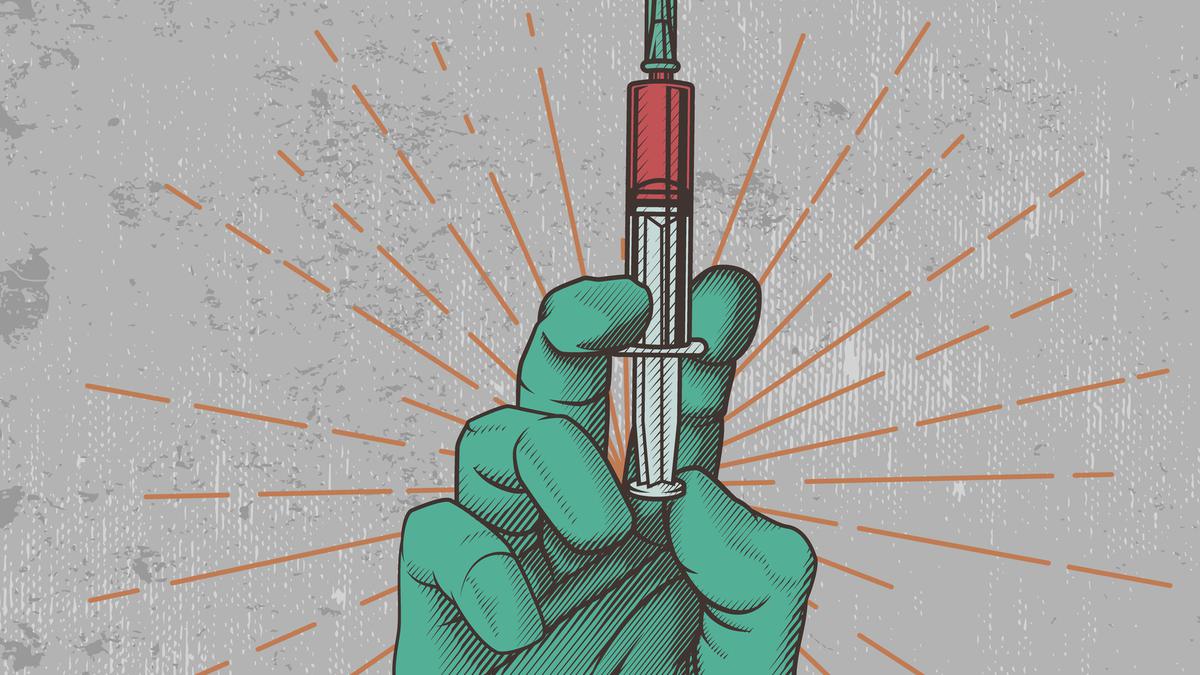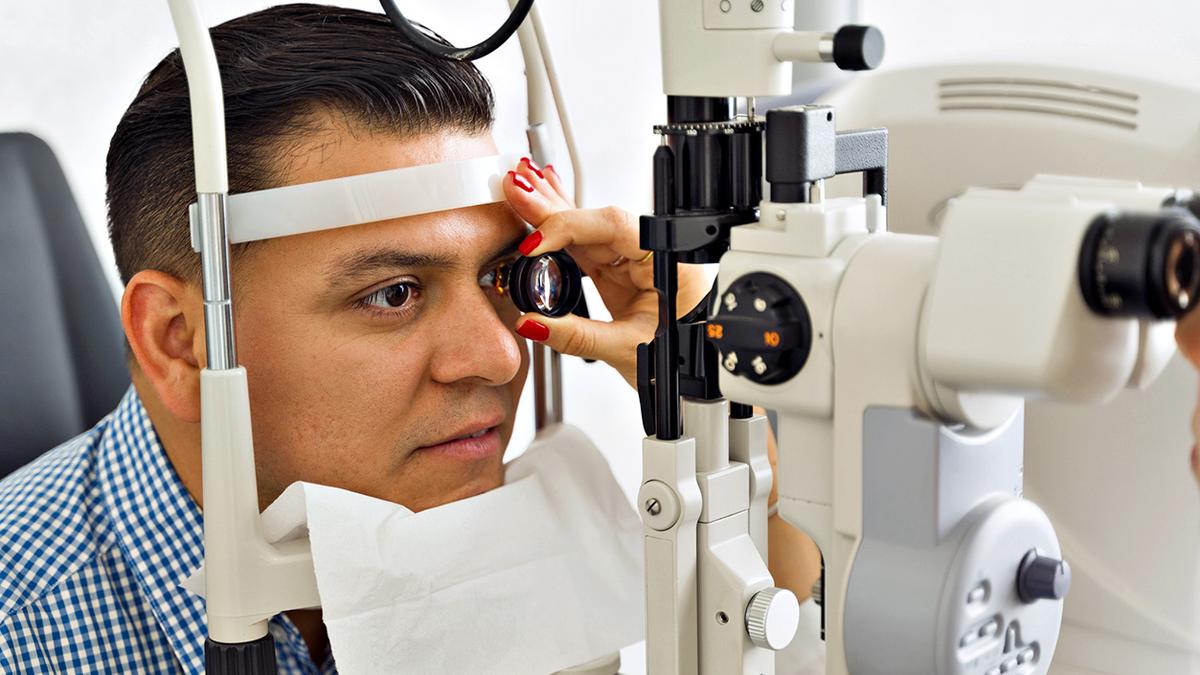What is the cancer vaccine Russia is offering? | Explained

The story so far:
In December last year, Russia announced that it had developed a new, mRNA-based personalised ‘vaccine’ for cancer which would be available free for patients by early 2025. Media reports state that Andrey Kaprin, General Director of the Radiology Medical Research Center of the Russian Ministry of Health, spoke to Radio Rossiya about the vaccine. Reports also say that Alexander Gintsburg, Director of the Gamaleya National Research Center for Epidemiology and Microbiology, said the vaccine’s pre-clinical trials had shown that it suppresses tumour development and potential metastases.
What is an mRNA cancer ‘vaccine’?
mRNA or messenger RNA vaccines gained attention during the COVID-19 pandemic following the use of this technology to manufacture vaccines. Unlike traditional vaccines, that use weakened or inactivated pathogens to trigger an immune response in the body, mRNA or messenger RNA vaccines provide genetic information that teaches the body’s cells to produce an antigen (protein or other substance that triggers an immune response), training the immune system to produce antibodies against it. When these antigens are detected on cancer cells, the immune system can potentially launch an attack against them.
Also read: Understanding the HPV vaccine’s risk
How do these ‘vaccines’ work?
An mRNA cancer ‘vaccine’ is a form of immunotherapy. For some years now, immunotherapy research has been gaining ground when it comes to cancer treatment. “Cancer cells often develop mechanisms to avoid being detected and destroyed by the immune system. This immune evasion mechanism has now been understood, and the idea of immunotherapy, therefore, is to boost the body’s immune system to find and destroy cancer cells, preventing their spread. The advantages of this treatment are that, unlike chemotherapy, only the cancer cells are killed, and the side effects are lowered,” said M. Manickavasagam, professor and head of medical oncology, Sri Ramachandra Medical College, Chennai.
While ‘vaccines’ are one form of immunotherapy, others include the use of antibodies, CAR T cell therapy, immune checkpoint inhibitors, etc.

The mRNA cancer vaccines therefore, are not meant for healthy patients to prevent disease like other vaccines; they are meant to be used in patients who already have cancer, in order to target and treat the tumours,’ says Arvind Krishnamurthy, professor and head, surgical oncology, Cancer Institute, WIA, Chennai.
This treatment is tailored to target specific antigens that each patient’s tumour has, making them personalised and potentially more effective. Unlike, say, the COVID-19 mRNA vaccine that targets one antigen — the spike protein of the coronavirus, the cancer mRNA ‘vaccines’ may also be designed to target multiple antigens.
Is Russia’s the only research into a ‘vaccine’ for cancer?
No, it is not. Last year, the U.K.’s National Health Service launched the Cancer Vaccine Launch Pad, a trial programme, in collaboration with pharmaceutical company BioNTech to “speed up access to mRNA personalised cancer vaccine clinical trials for people who have been diagnosed with cancer” and “accelerate the development of cancer vaccines as a form of cancer treatment,” according to its website.
In the U.S., global biopharmaceutical company CureVac announced in September last year that its CVGBM cancer vaccine showed promising immune responses in a phase 1 study in patients with glioblastoma (brain cancer).
Currently, more than 120 clinical trials are underway in various parts of the world. Predominantly these are studies in cancers of the lung, breast, prostate, and melanoma, and pancreas and brain, says Dr. Krishnamurthy.
What does it portend?
Doctors stress that unlike infectious diseases, since cancer, in general, is not caused by a single organism, the use of the word ‘vaccine’ may be misleading. In terms of prevention of cancer, the Human papillomavirus (HPV) vaccine can prevent cervical cancer since over 90% cases are known to be caused by this virus, says Prasad Eswaran, senior consultant, medical oncology, Apollo Proton Cancer Centre, Chennai. Also, the Hepatitis B vaccine that is given to prevent the Hepatitis B viral infection, may have a protective role in the prevention of liver cancer, says Dr. Manickavasagam. “Patients must understand that these immunotherapy treatments are not preventive in nature,” he emphasised.
At the moment, there is very little information available about the Russian treatment being offered. Any new drug goes through multiple stages of clinical trials, a process that takes years, before it can finally reach the market. Without all of this data being available publicly, it is difficult to say what stage this treatment is at and how safe and effective it will be, Dr. Prasad points out.
While immunotherapy remains an exciting new form of therapy and has shown promising results for certain cancers, it may not be suitable for all kinds of cancers or for every cancer patient. Research is ongoing, and time will tell how effective this may be, say doctors.
Published – February 16, 2025 03:53 am IST





